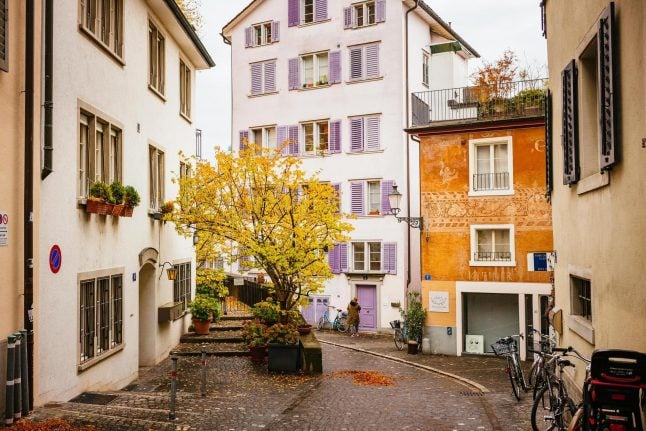The organization tested 1,056 agencies in March, pretending to be helping a young member of their family to find a two-room apartment measuring 40 square metres.
The main problem involved excessive and illegal demands for documents from prospective tenants.
Apartment hunters in France are commonly faced with a long list of documents, certificates and signed statements. UFC-Que choisir says many of these should not be asked for at all.
According to the report, 62 percent of the agencies insisted on documents that need not be provided.
In almost half the cases, a request was made for a statement from an employer confirming salary. Next came a reference from a former landlord (10 percent), a photograph of the prospective tenant (10 percent) and a direct debit authorisation (8 percent).
Other documents that should not be requested by law include a marriage contract or a medical report.
At one in five of the agencies, investigators found that fees were not clearly displayed in the window, something which has been required for twenty years.
The organization also criticized “unjustifiable disparities in fees” for drafting rental agreements, which they believe should be a standardized service with a cap on fees. The average charge is €190 but can be as much as €300.
Landlords in France are expected to provide technical documentation describing the property in detail and including details of monthly charges for amenities, such as concierge services, lift and central heating. In half the cases surveyed, information on the property was limited to the bare minimum (price, area, address).
“Rental agencies are acting illegally but with total immunity,” said Alain Bazot, president of UFC-Que choisir.
Representatives of letting agents hit back, saying their behaviour was necessary to look after the interests of landlords.
“Excessive requests for guarantees on the part of agents isn’t just them being overzealous, it’s for the safety of the landlords,” René Pallincourt of the national federation for rental agents (Fnaim) told AFP.
“We must be careful not to heap opprobrium on a whole profession,” housing minister Benoist Apparu told AFP. He said the government was looking at measures to protect consumers and support agents offering a good quality of service, but did not give further details.
twitter.com/matthew_warren


 Please whitelist us to continue reading.
Please whitelist us to continue reading.
Member comments